Postpartum Hair Loss: What to Expect and How to Care for Your Hair
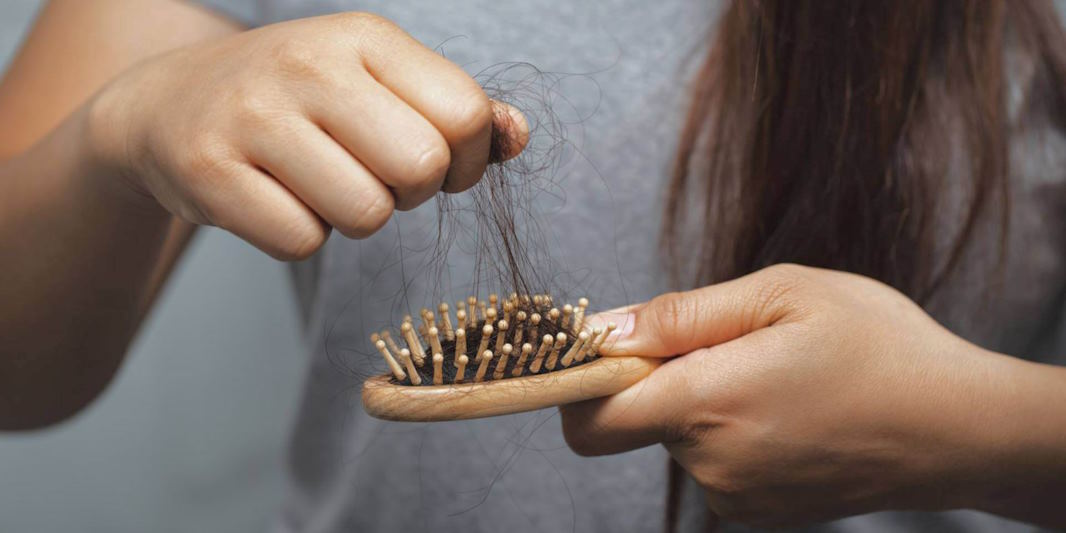
Bringing new life into the world is a miraculous journey filled with profound joys and changes. However, amid motherhood’s wonder, many women experience a less welcome phenomenon: postpartum hair loss. While shedding hair after childbirth can be concerning, it’s a normal and temporary condition caused by hormonal fluctuations. In this article, we’ll delve into what to expect during postpartum hair loss and provide practical tips for caring for your hair during this transitional period.
Understanding Postpartum Hair Loss
Postpartum hair loss, also known as postpartum shedding or telogen effluvium, typically occurs around three to six months after giving birth. During pregnancy, elevated estrogen levels prolong the growth phase of the hair cycle, resulting in thicker, fuller hair. However, estrogen levels drop rapidly after childbirth, causing more hair follicles to enter the resting phase (telogen) and shed. While postpartum hair loss can be alarming, it’s important to understand that it’s a temporary condition and part of the body’s natural response to hormonal changes. Most women notice increased shedding for several months before their hair growth cycle returns to its pre-pregnancy state. While the extent of postpartum hair loss varies from person to person, it’s generally more noticeable in women who experienced minimal shedding during pregnancy.
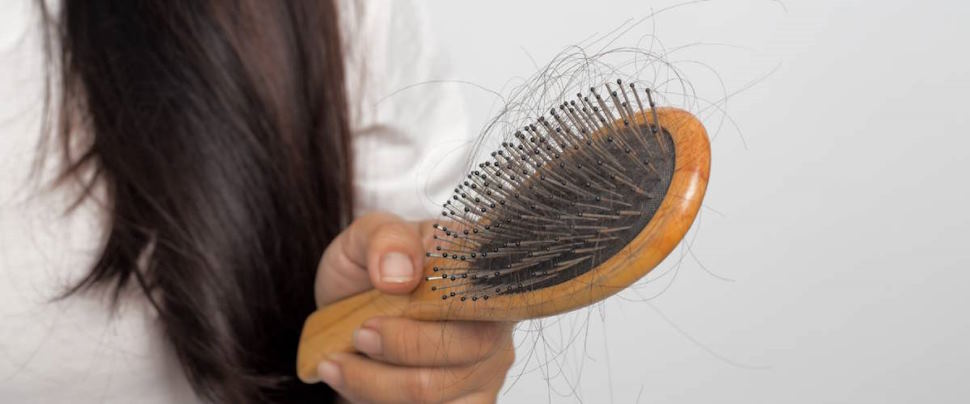
Caring for Your Hair During Postpartum Shedding
While postpartum hair loss is a normal phase, there are steps you can take to minimize its impact and support healthy hair growth:
- Maintain a balanced diet rich in essential nutrients like vitamins A, C, D, and E, as well as biotin, zinc, and iron, which are crucial for hair health.
- Avoid harsh hair treatments, excessive heat styling, and tight hairstyles that can exacerbate hair breakage and further stress weakened hair follicles.
- Nourish your scalp with regular massages using gentle, nourishing oils like coconut or argan oil to improve circulation and promote hair growth.
- Prioritize self-care practices such as relaxation techniques, exercise, and adequate sleep to reduce stress levels, which can contribute to hair loss.
- If you’re concerned about the extent or duration of postpartum shedding, consider consulting a healthcare professional or dermatologist for personalized advice and treatment options.



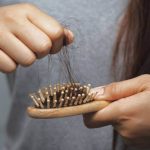

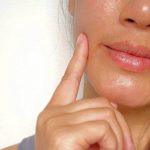




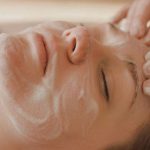


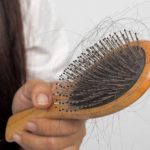














 Discover Beauty From Within
Discover Beauty From Within